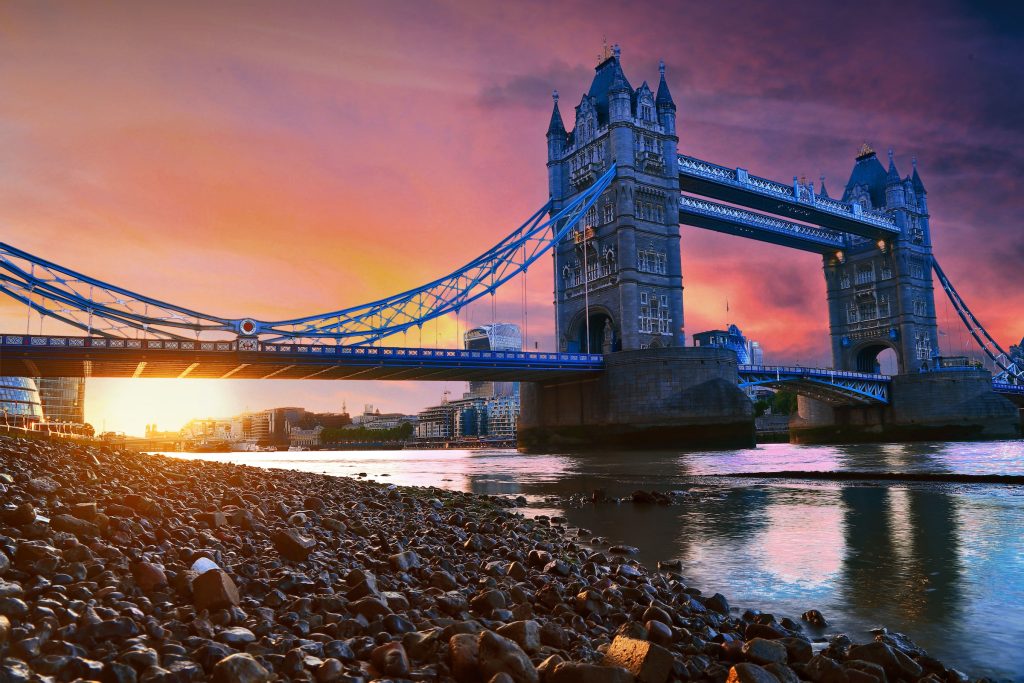
Ofwat Under Fire for Thames Water Crisis
Regulatory watchdog Ofwat is facing a barrage of criticism, accused of complacency concerning the mounting crisis at Thames Water. As the water giant grapples with a potential collapse due to insurmountable debts, many are asking if Ofwat missed the early warning signs or simply chose to ignore them.
Nationalisation is the solution to Ofwat’s debt problem?
Thames Water, which serves millions across the capital, now finds itself on the brink of potential temporary nationalisation as it scrambles to find a solution to its debt crisis. The recent departure of its chief executive and the looming threat of a company-wide collapse have only amplified the concerns surrounding the regulatory body’s oversight.
Conservative MP Sir Robert Goodwill, who chairs the Environment, Food and Rural Affairs Committee, pulled no punches in his assessment of the situation. Speaking to the BBC, Sir Robert questioned whether Ofwat had “been asleep at the wheel” regarding the Thames Water saga. He highlighted the water company’s alarming reliance on borrowing, with approximately 80% of its finances stemming from loans.
“With the rising interest rates and the significant portion of Thames Water’s debt linked to inflation, the costs have skyrocketed,” Sir Robert commented. This has led to speculation about the nature and origin of this debt, with Sir Robert suspecting that the company might be siphoning off money through debt payments rather than the traditional route of dividends.
“Our suspicion is that a significant portion of this debt is intertwined with the very funds that own the shares,” the MP noted.
The broader question remains, as articulated by Sir Robert: did Ofwat miss the mark, or were they simply powerless to delve deep into the financial structures of such companies?
As Ofwat prepares to face MPs for the second time in as many weeks, their defence will undoubtedly be under scrutiny. Last week, Chief Executive David Black, in a session with the Lords’ business committee, defended the watchdog’s performance. While admitting there were lessons to be learned, he denied any regulatory failure. Mr. Black also expressed his displeasure over the excessive pay packages awarded to some top executives in the water industry.
However, Thames Water isn’t the sole company attracting attention. The management practices of Southern Water have also been called into question, with Sir Robert labeling their operations as “rather reckless”. He expressed concern about the company’s downgraded credit rating and the constant need for the firm’s owners to inject capital. His principal worry, shared by many, is the potential misdirection of funds from consumers to service such debt, rather than investing in infrastructure and environmental safeguards.
Yet, the solution isn’t as straightforward as reverting to nationalisation. “I recall a time when water investment took a backseat, trailing behind sectors like health and education,” Sir Robert pointed out. He acknowledged the significant strides made in infrastructure improvement since then. He emphasized the pollution issues, particularly during rainfall, suggesting innovative solutions like storm-water tanks and promoting the use of grey water for domestic needs.
With Thames Water’s annual results set for release, stakeholders and the general public await the company’s response. Meanwhile, Ofwat reiterated its stance in a recent statement: “We have consistently encouraged Thames Water to enhance its financial resilience, including debt reduction. We remain committed to safeguarding the interests of customers.”
As the water sector wades through these turbulent waters, the immediate future remains uncertain. Whether Ofwat’s handling of the Thames Water situation will lead to broader reforms in industry oversight is a question only time will answer.
©eco-guardians.org